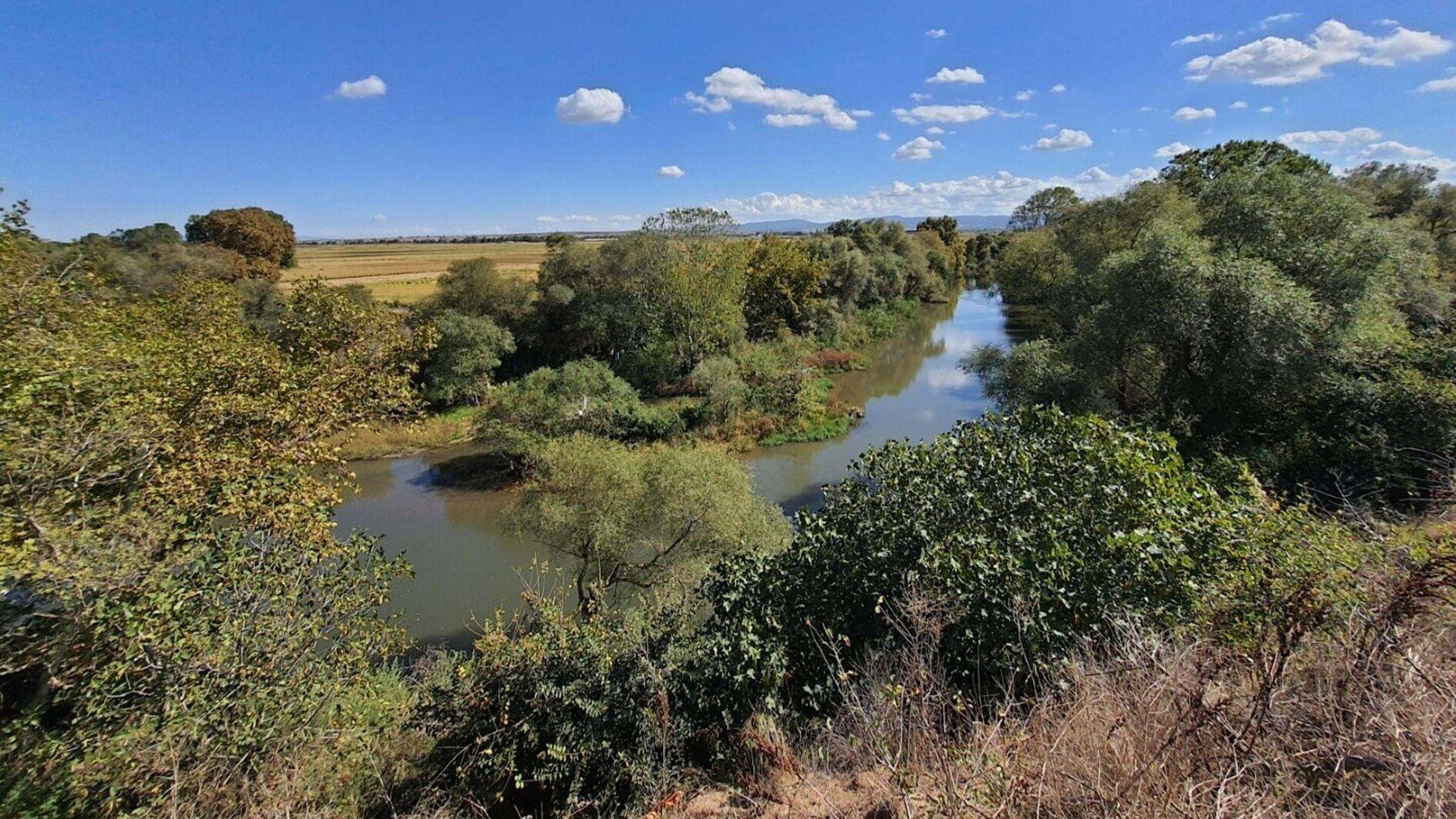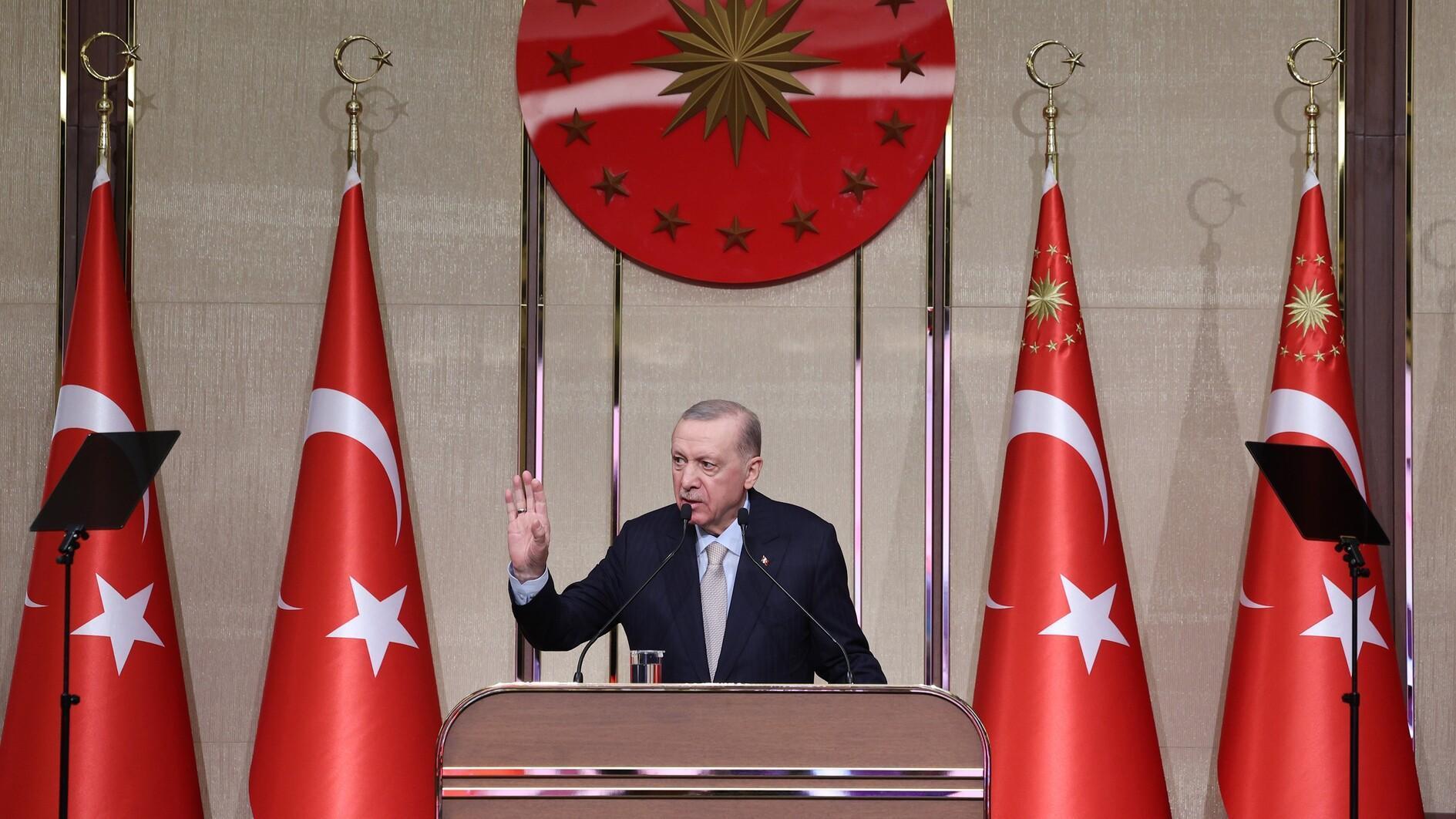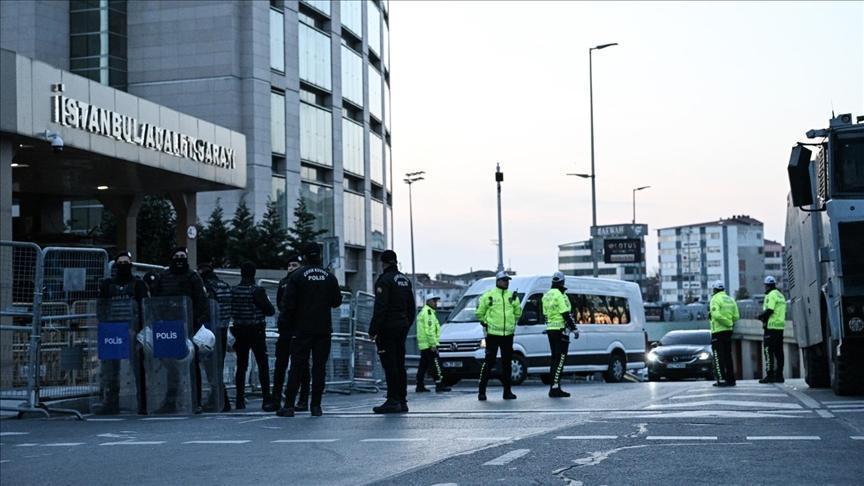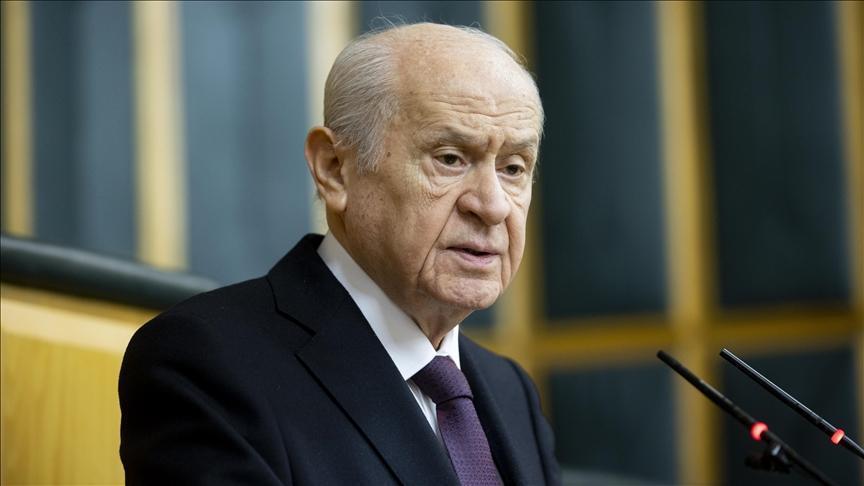Alexander the Great Cultural Route to boost Çanakkale tourism
ÇANAKKALE

Works have been initiated in the northwestern province of Çanakkale by the provincial directorate of culture and tourism to establish the approximately 2,400-year-old Alexander the Great Cultural Route and to develop the Granicus Historical Battlefield with an environmental planning project, aiming to improve tourism.
Speaking at a meeting about the project, Provincial Culture and Tourism Director Çağman Esirgemez stated that Çanakkale is at a significant turning point in terms of tourism. Esirgemez noted that the Granicus Battlefield, where the legendary commander Alexander the Great first fought against the Persians, is being planned as a cultural route.
"Alexander the Great is a historic figure who influenced many commanders and leaders, such as Hannibal of Carthage, Julius Caesar, Napoleon and in our history, Sultan Mehmed the Conqueror. By creating the Alexander the Great Cultural Route, we aim to contribute to the promotion of Çanakkale in the tourism sector," Esirgemez said.
He explained that the project could expand the scope of tourism, extending it internationally in collaboration with other provinces and countries. Esirgemez added that during the meetings with stakeholders, they would outline the project’s main framework and infrastructure, after which they would implement the environmental planning for the Alexander the Great Cultural Route and the Granicus Battlefield.
Professor Reyhan Körpe, a faculty member of Çanakkale Onsekiz Mart University's (ÇOMÜ) History Department and the project’s scientific adviser, noted that one of the most significant battles involving Alexander the Great, one of history's greatest military figures, took place in this region.
The battle occurred near the stream known in ancient times as the Granicus River, approximately 100 kilometers east of the city center, in the middle of the Biga Plain. While elaborating on the battle, Körpe said: "This battle is of great importance as it marked Alexander’s first major victory, leading him to conquer Western Anatolia and later all of Asia, including as far as India. His success in this battle was not only important for Alexander but also for world history."
"We began research on the Granicus Battlefield about 20 years ago, and over the past three years, works continued to find the exact location. This year, we made significant findings showing the battlefield's precise location. One of the most important discoveries was mapping the routes Alexander took, including the campsites he established on his way to the battlefield. For the past 150 years, historians have sought to determine this route, and we have now identified the ancient settlements and Alexander’s path," he added.
Körpe stated that they determined the cultural route Alexander took to reach the Granicus Battlefield. Their research involved carefully analyzing and interpreting ancient sources to locate the exact area of the battle, identifying the villages and specific parts of the plain where it took place.
"We confirmed that Alexander began his route from the plains near Özbek Village, passed through Umurbey and Lapseki, crossed the mountains and descended into the Biga Plain, reaching the Granicus River. This route will now also be discussed as a cultural itinerary," Körpe said.
















